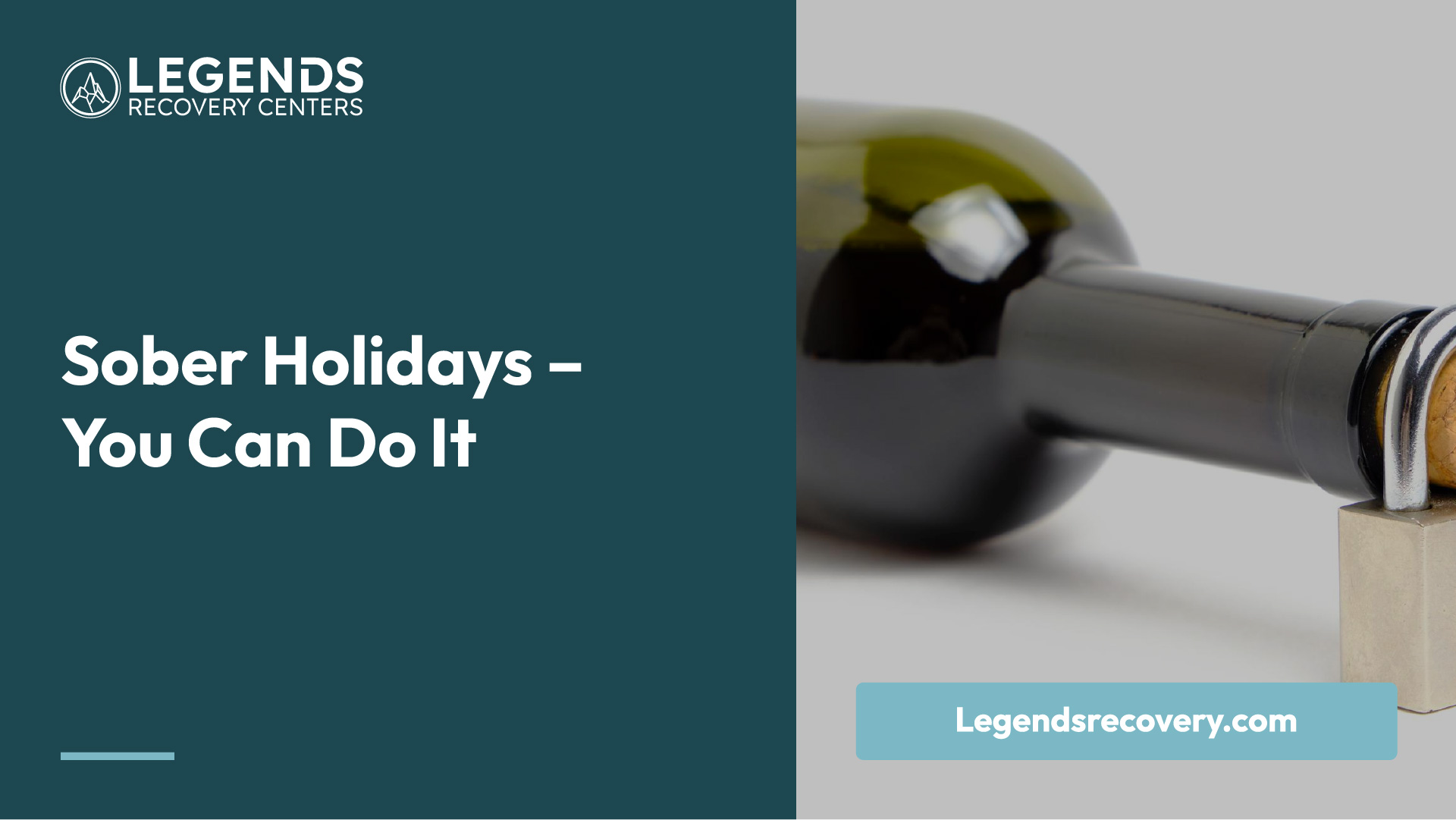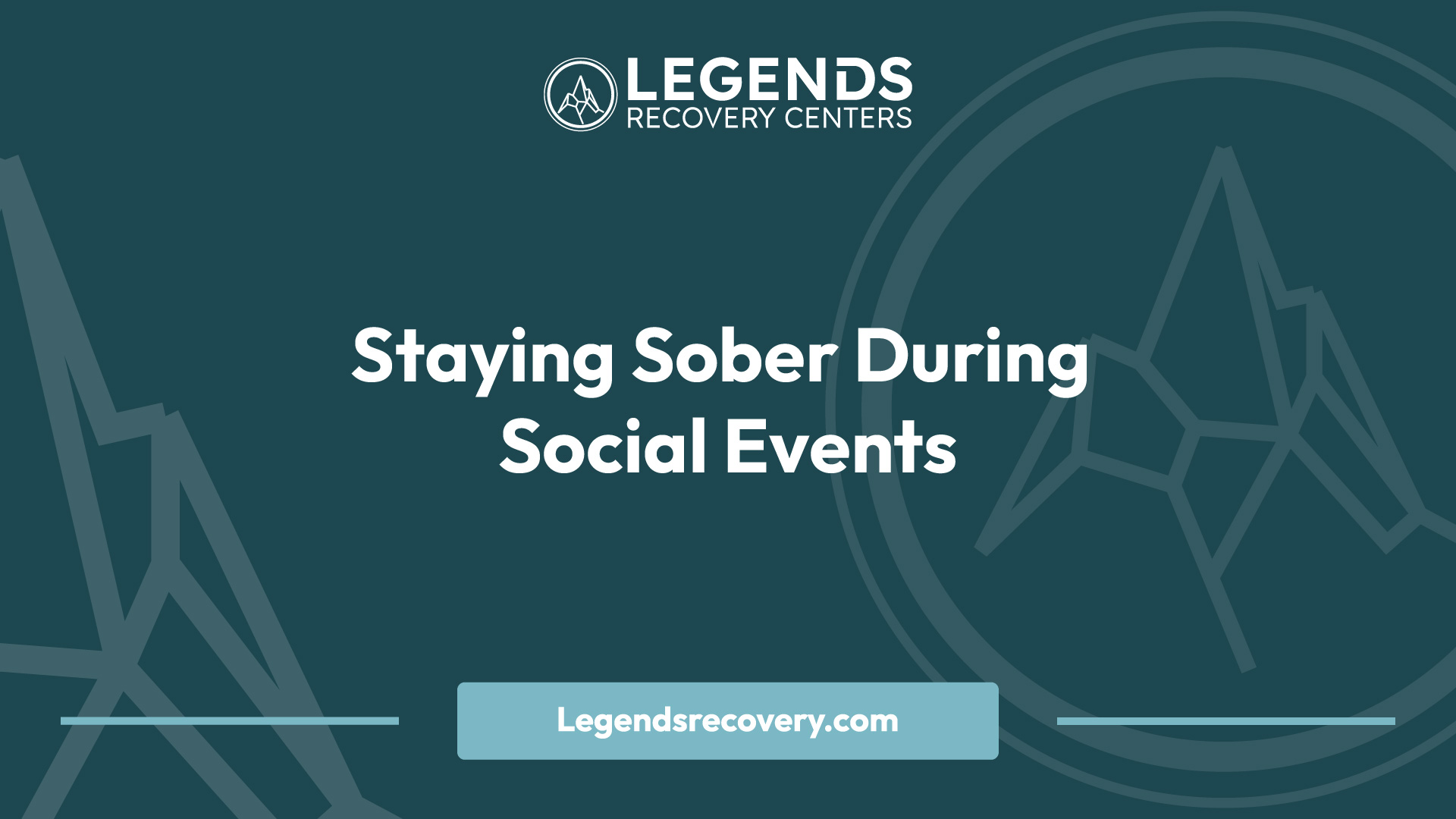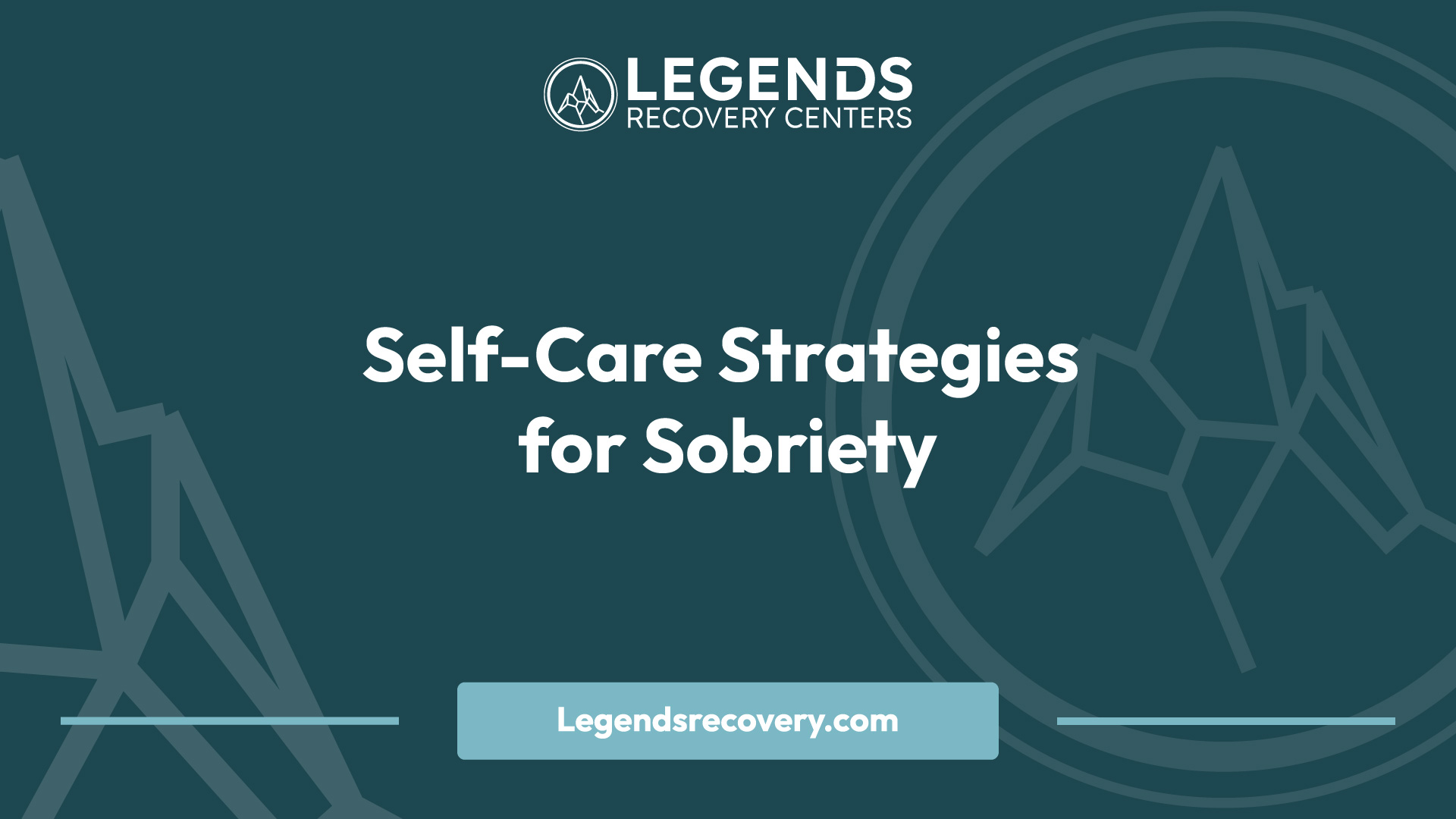Conquer the holidays sober – tips, strategies, and mindful techniques to stay strong and have a blast!

The holiday season can be both joyous and challenging for individuals in recovery, as it presents various stressors and triggers that can test their sobriety. However, with proper preparation and planning, it is possible to enjoy sober holidays. In this section, we will explore some tips for maintaining sobriety and strategies for planning ahead to overcome holiday challenges.

By implementing these tips and planning ahead, you can navigate the holiday season while maintaining your sobriety. Remember, sobriety is a one-day-at-a-time journey, and each day presents an opportunity to reaffirm your commitment to a healthy and sober lifestyle.
When navigating social events during the holidays, it's important for individuals in recovery to have strategies in place to maintain their sobriety. In this section, we will explore two effective approaches: engaging in acts of service and practicing mindful drinking and thinking.

Engaging in acts of service and being helpful to others can be a powerful way to stay sober during the holidays. By connecting with others and practicing empathy, individuals in recovery can steer clear of resentment, self-pity, and fear that may trigger the desire to drink [1].
There are various ways to engage in acts of service during the holiday season. Volunteering at local charities, participating in community cleanups, or offering assistance to those in need can not only provide a sense of purpose but also help individuals focus their energy on positive and fulfilling activities.
Being mindful of what you're drinking and thinking is essential during family gatherings and social events. Carrying a non-alcoholic drink can prevent others from offering alcohol and minimize any feelings of being left out. It's important to shut down any thoughts of relapse immediately if they arise and to remind oneself of the commitment to sobriety.
In addition to staying mindful of one's own thoughts, being aware of the surroundings and potential triggers can be beneficial. If a particular social event or location is known to be challenging, it may be helpful to have an exit plan or to bring a supportive friend who understands the journey to sobriety. By being proactive, individuals can better navigate potential obstacles and maintain their sobriety [3].
By engaging in acts of service and practicing mindful drinking and thinking, individuals in recovery can enjoy social events during the holidays while maintaining their sobriety. These strategies provide opportunities to connect with others, focus on positive activities, and remain committed to a sober lifestyle. Remember, there are numerous ways to celebrate and enjoy the festivities without relying on alcohol.
Maintaining sobriety during the holiday season can be challenging, but practicing self-care is an essential component of staying on track. By focusing on proper nutrition, exercise, restorative sleep, and reflection, individuals in recovery can strengthen their emotional well-being and overall resilience. It's important to prioritize self-care and implement strategies that support sobriety.

Practicing self-care during the holiday season includes paying attention to proper nutrition and engaging in gentle exercise. Nourishing your body with healthy and balanced meals can contribute to your overall well-being. Incorporate a variety of fruits, vegetables, whole grains, and lean proteins into your diet to support your physical health and provide the necessary nutrients for your recovery journey.
In addition to proper nutrition, incorporating regular exercise into your routine can have numerous benefits for your mental and physical well-being. Engaging in activities like walking, yoga, or swimming can help reduce stress, improve mood, and boost your overall energy levels. Find an exercise routine that suits your preferences and abilities, and aim for consistency rather than intensity.
Restorative sleep plays a crucial role in self-care and recovery. Getting enough sleep allows your body and mind to rest and rejuvenate. Establish a regular sleep schedule, create a calming bedtime routine, and ensure your sleep environment is conducive to rest. Prioritizing restorative sleep can help you manage stress, enhance your mood, and maintain emotional stability.
Reflection is another powerful self-care practice for individuals in recovery. Take time for personal reflection, whether through journaling, meditation, or other mindfulness techniques. Reflect on your progress, goals, and emotions during the holiday season. This self-reflection can help you gain insight, process any challenges or triggers, and strengthen your commitment to your sobriety journey.
By prioritizing proper nutrition, exercise, restorative sleep, and reflection, individuals in recovery can practice essential self-care strategies during the holiday season. These practices contribute to emotional strength and overall well-being, helping you navigate the challenges that may arise and maintain your sobriety. Remember, self-care is an ongoing process, and it's important to seek support and build a sober network to provide additional guidance and encouragement along the way.
When it comes to maintaining sobriety during the holidays, building supportive environments is essential. Creating a safe and understanding space can help individuals stay committed to their resolving to be sober journey. In this section, we will explore two key aspects of building supportive environments: open communication with loved ones and hosting alcohol-free gatherings.
Open and honest communication with loved ones plays a crucial role in navigating the holiday season while staying sober. Sharing your commitment to sobriety with those closest to you can help in receiving support and understanding [3]. It is important to remember that you have the right to prioritize your needs and say no to triggering events. Communicating your boundaries and limitations can help loved ones understand and respect your decision.
By discussing your sobriety journey with family and friends, you can create an environment where they are aware of your needs and can provide the necessary support. They can help facilitate alcohol-free celebrations and offer alternative activities that align with your goals of sobriety. Additionally, they can act as a support system during challenging moments, providing encouragement and reminding you of the progress you've made.
Hosting alcohol-free gatherings is another effective way to build a supportive environment during the holidays. By taking control over the event, you can create a safe space that aligns with your commitment to sobriety [3]. When hosting, you have the freedom to provide non-alcoholic drink options and plan engaging activities that do not revolve around alcohol.
An alcohol-free gathering can include a variety of fun and festive activities such as board games, karaoke, or a movie night. By focusing on creating enjoyable experiences without the need for alcohol, you can ensure that everyone feels included and comfortable. Additionally, hosting alcohol-free gatherings allows you to surround yourself with like-minded individuals who support your journey toward sobriety.
Remember, building a supportive environment goes beyond the holiday season. It is crucial to seek out and maintain relationships with individuals who understand and respect your commitment to sobriety. Having a sober network of supportive friends and family can provide encouragement and help resist the urge to drink or use substances, not just during the holidays but throughout the year.
By fostering open communication and hosting alcohol-free gatherings, you can create a supportive environment that promotes your sobriety and helps you navigate the holiday season successfully. Surrounding yourself with understanding loved ones and engaging in alcohol-free celebrations can contribute to a fulfilling and joyful holiday experience while staying true to your commitment to sobriety.
In the journey of maintaining sobriety, practicing mindfulness techniques can be a powerful tool, especially during the holiday season. Mindfulness allows individuals to be present in the moment, check in on their feelings, and make conscious decisions to remain alcohol-free, even in challenging situations. By incorporating mindfulness into daily life, individuals can cultivate a greater sense of self-awareness and resilience. In this section, we will explore two important aspects of mindfulness in sobriety: practicing mindfulness techniques and making mindful decisions during challenges.
Establishing a daily meditation or mindfulness habit can be helpful in managing cravings for alcohol. Taking a few moments each day to sit in quiet reflection, focusing on the breath or engaging in guided meditation, can provide a sense of calm and help individuals stay grounded [2].
In addition to formal meditation, incorporating mindfulness into everyday activities can also be beneficial. By paying attention to the present moment, engaging all the senses, and non-judgmentally observing thoughts and emotions, individuals can develop a greater awareness of their triggers and develop healthier coping mechanisms.
Some practical mindfulness techniques that can be practiced during the holidays include:
By incorporating these practices into daily life, individuals can enhance their ability to navigate holiday challenges and stay committed to their sobriety.
The holiday season often presents a variety of triggers and temptations that can challenge sobriety. Implementing mindful decision-making strategies can help individuals make conscious choices that align with their recovery goals.
When faced with a challenging situation or an invitation to partake in alcohol-related activities, individuals can consider the following steps:
By integrating mindfulness into decision-making processes, individuals can approach challenges with clarity and make choices that are in line with their sobriety goals. Remember, seeking help and support is an essential part of the journey, both during the holiday season and throughout the year. Reach out to your sober network, attend support meetings, and lean on the strength of community for guidance and encouragement.
During the holiday season, it's important for individuals on a sober journey to have strategies in place to navigate social events and maintain their sobriety. Here are two key strategies for safe holiday celebrations:
Planning ahead and having a holiday escape plan is crucial to protect sobriety, especially at events where alcohol is prevalent. Being prepared for uncomfortable situations can help individuals avoid relapse. One effective strategy is to create alternative exits. By arriving late and leaving early at social events where alcohol is present, individuals can minimize exposure to triggers and the pressure to drink. Skipping the initial awkwardness and showing up once the event is in full swing can support sobriety [4].
Engaging in sober activities during holiday celebrations can help individuals maintain their sobriety. Instead of focusing solely on alcohol-centric events, it can be beneficial to seek out activities that do not revolve around drinking. This could include participating in outdoor winter activities, attending sober support group meetings, hosting alcohol-free gatherings, or volunteering for charitable organizations. These activities provide opportunities for connection, enjoyment, and personal growth without the need for substances [5].
By creating alternative exits and engaging in sober activities, individuals can protect their recovery during the holiday season. These strategies allow individuals to navigate obstacles, maintain control over their environment, and prioritize their sobriety during social gatherings and family events. Remember, building a sober network and having a strong support system can also be invaluable during this time. With proper preparation and a focus on sober activities, individuals can enjoy safe and fulfilling holiday celebrations while staying committed to their sobriety.